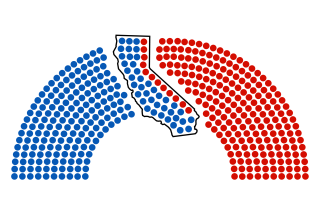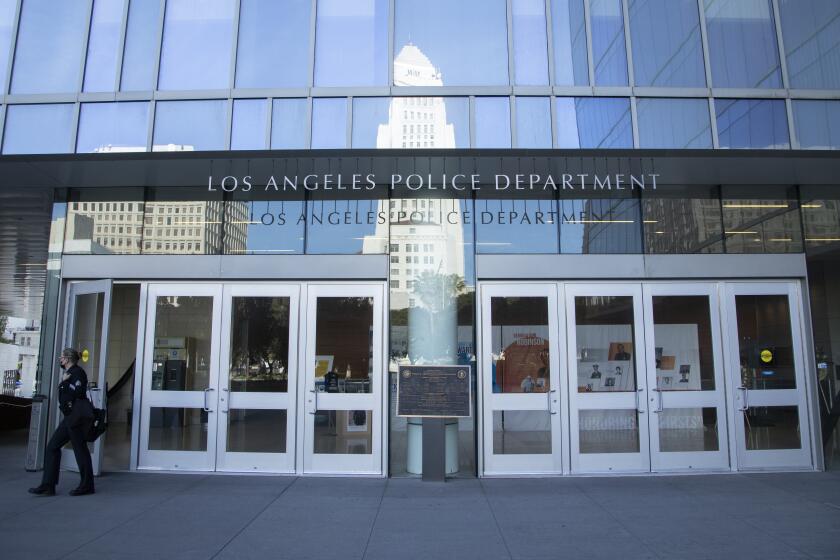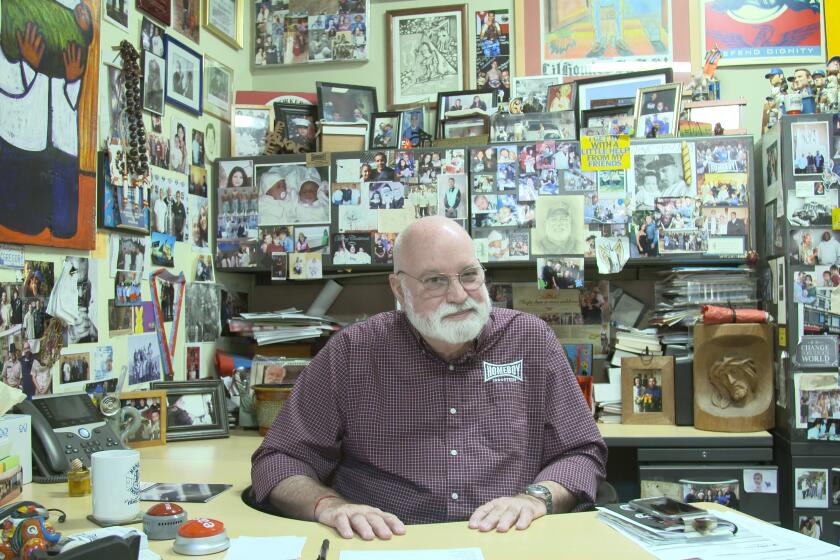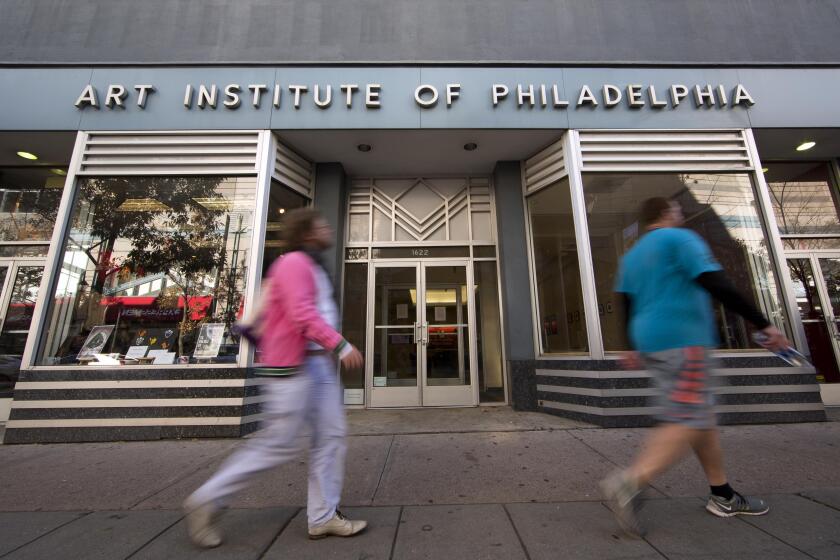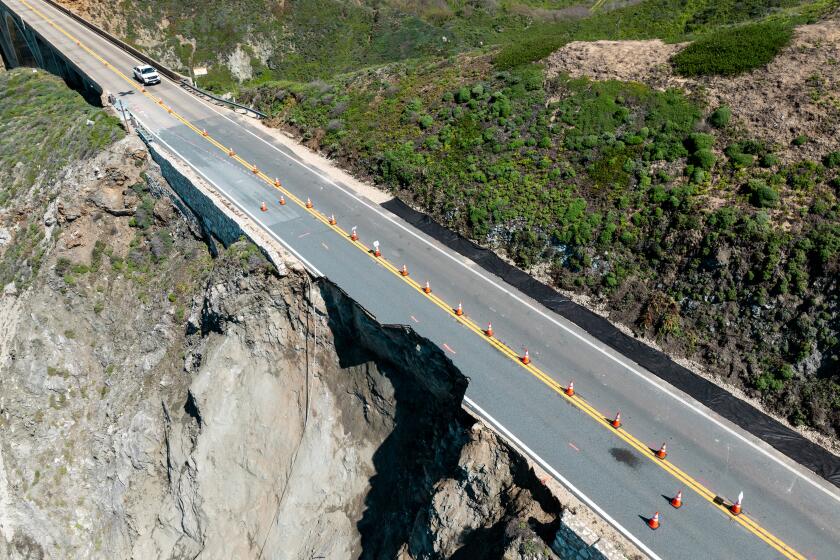The decline of political competition
IN AN ELECTION YEAR IN WHICH grumpy voters from coast to coast are gunning for the scalps of doddering Republicans, Rep. Gary Miller (R-Diamond Bar) would seem a vulnerable target. Named this summer by a nonprofit watchdog group as one of the “20 most corrupt members of Congress,” Miller has earmarked road repairs near housing developments he co-owns, declined to pay taxes on three land sales and — in a congressional district one-quarter Latino — wrote legislation denying citizenship to the children of illegal immigrants.
But Democrats have a competitive disadvantage in unseating the four-term congressman: Miller is running for reelection unopposed.
This scene is playing out throughout Southern California and the rest of the state as competitive races and even challengers are becoming endangered species. Because of a cynical bipartisan agreement after the 2000 census, Democrats and Republicans represent frequently convoluted geographical footprints meticulously designed, it would seem, to ensure that no incumbent party will ever lose another election, no matter which way the political winds are blowing. In 2004, for example, not a single one of the 153 redrawn congressional, Assembly or state Senate seats changed political hands, and only three of the 53 House victors won with less than 60% of the vote.
Having carved out their spoils, Yalta-like, the two parties are loath to venture into each other’s territories, even with polls showing that people want change. The cities of Diamond Bar, Chino and Rowland Heights all voted for Al Gore in 2000, and the Italy-shaped 42nd District that envelops them abuts the land-splotches of Democrats Linda T. Sanchez, Joe Baca and Grace F. Napolitano, yet no Democrat bothered to muster the 3,000 signatures necessary to take on Miller. One-candidate elections are supposed to be for fiefdoms like Myanmar, or the city of Vernon.
The unilateral disarmament is not limited to the party of Jimmy Carter. You could buy a car on Brand Boulevard in Glendale, drive southwest through Silver Lake and Hollywood as the street becomes Hyperion and then Fountain, take a left at Western and go all 30 miles to the Pacific Ocean, and only one of the five congressional districts you’d cross through would have a Republican on the ballot. (To add insult to neglect, the 35th’s Maxine Waters is on that “20 most corrupt” list too.) That’s 150,000 registered Republicans who the national party has left stranded in a sea of blue. Rarely have American Independents and Libertarians looked so inviting.
The solution to this unseemly state of affairs remains simple — put redistricting in the hands of retired judges, just like it was in the 1990s, and stop letting the major parties define the terms for their own cartel. Alas, voters turned down such a reform in last year’s special election. Gov. Arnold Schwarzenegger is still committed to an overhaul of the redistricting process, and we wish him well. It’d be a shame to let California devolve into 53 one-party states.
More to Read
Start your day right
Sign up for Essential California for news, features and recommendations from the L.A. Times and beyond in your inbox six days a week.
You may occasionally receive promotional content from the Los Angeles Times.


